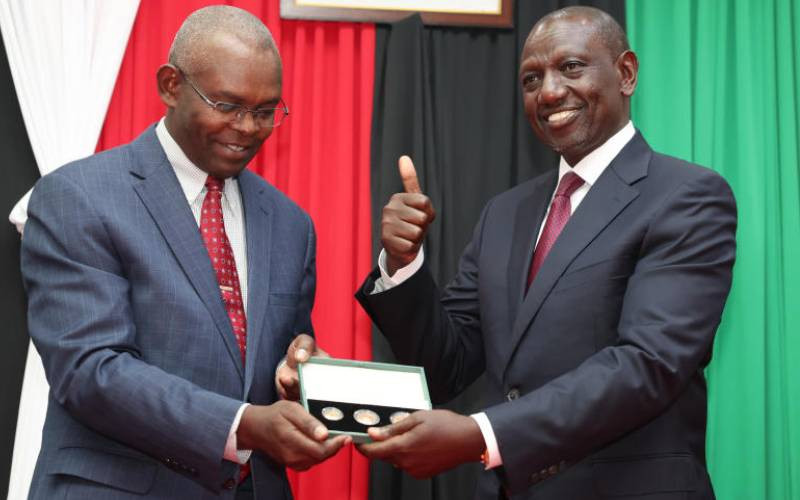×
The Standard e-Paper
Join Thousands Daily

The shilling continues to sustain its rally against the US dollar weeks after the successful Eurobond buyout, boosting newfound optimism among traders and consumers for a lower cost of living.
Data by the Central Bank of Kenya showed the shilling exchanged at an average of 137.49 against the dollar on Thursday, underlining the strengthening of the local currency in under a month.